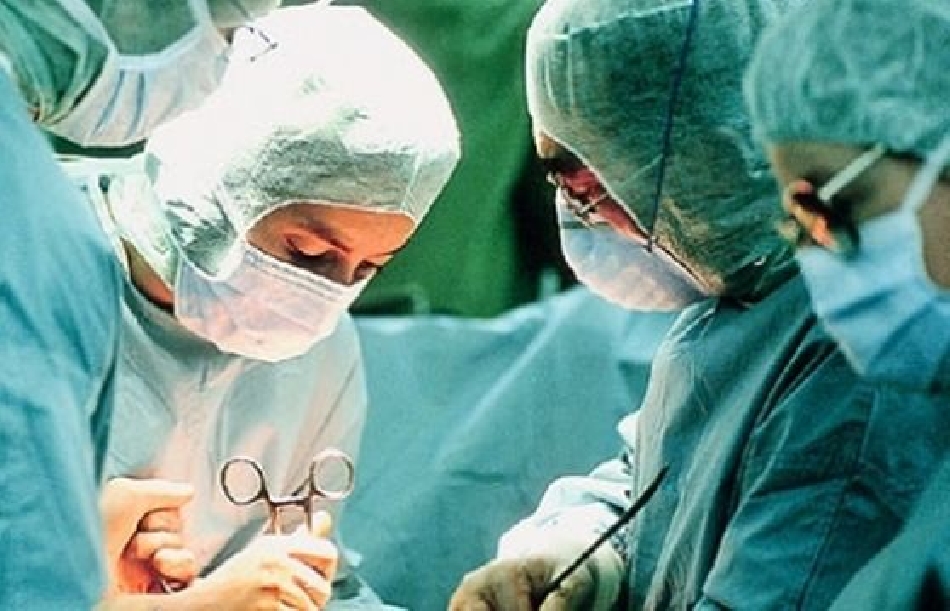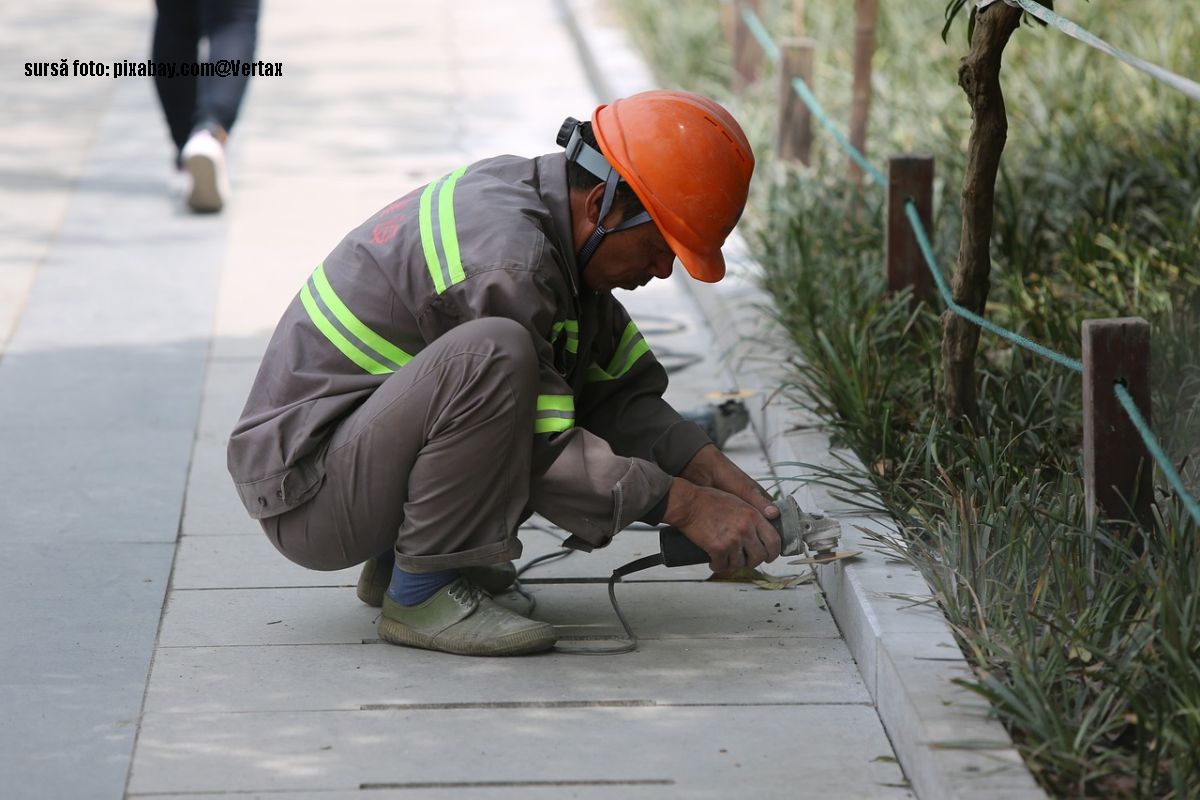Organ Transplant in Romania
In Romania like everywhere in the world organ transplant is possible thanks to those people who understand that diseases dont choose and dont spare anyone.

România Internațional, 06.11.2013, 14:07
Organ donation remains a volunteering, anonymous act which brings no benefits except for the comfort that somewhere, someone you don’t know can be brought back to life and carry on living. Here’s what we got from the mother of a donor child: ”I told the nurse what organs we had in mind: skin grafts, kidneys, liver, pancreas and heart. But I did not want to donate the eyes. That was the only thing left. I had the opportunity to see two of the people who received the organs. A 21-year old boy needed a liver and a 35-year old woman needed the kidneys. They were young people and I didn’t want their parents to go through what I had been going through. “
Raluca is 27, and when she was 18 she was diagnosed with cirrhosis and she needed a transplant: ”At the outbreak of my disease when I was 18, I had a very strong anemia, and in two weeks the functions of my liver deteriorated to half of its capacity. Then I pursued a treatment for about six years. Physicians thought is was the right one. Meanwhile I graduated from the university. Eventually doctors told me the disease returned, and that more was needed. Straight away they put me on a transplant waiting list and I only waited for six months. I was lucky, as back then there was an organ crisis. The recovery was a bit more difficult, but it was worth it, there were also some post-transplant problems, but I was very well taken care of by my doctors, I have to tell you that in Romania we have fantastic doctors. Now I am and I feel healthy.”
In Romania more than 3,600 people are on the waiting list for a transplant of organs. Across Europe, each year 12 people die waiting for a transplant while in Romania, about a third of those who are on a transplant waiting list die waiting for a compatible donor. For instance, last year there were 65 donors for more than 400 people with a liver problem. Since 2006, when the National Transplant Agency was founded, the number of completed transplant procedures has seen an annual 30% increase, which meant over 3,000 lives saved. This year Romania reported the biggest number of transplants from brain dead donors. With details on that here is doctor Victor Zota, the coordinator of the national transplant program.
Victor Zota: “We are now among those countries with hundreds of donors. These over 100 donors we’ve had so far (and we hope to have even more, at least 150) mean over 200 kidney transplants only from dead bodies, almost 100 liver transplants, one heart transplant, unfortunately, more than 200 bone marrow transplants as well as several hundred tissue transplants. This year we have had 35 in-hospital coordinators and over 35 anesthetists working in ERs whose main job is to identify potential donors among brain-dead people.”
Professor doctor Irinel Popescu working at the Fundeni hospital in Bucharest has underlined the decisive role the National Agency for Transplants has in managing transplant activities and also the role of the Health Ministry, which covers the costs of these operations, but he added that Romania needs much more.
Irinel Popescu : “In the case of liver transplants, if we compare with figures from abroad, and try to asses the transplant demand and not the number of donors, we can say that there are somewhere around 300-400 transplants that should be done in Romania. So, we are waiting for the number of donors to increase. Simple calculations show that 100 donors to a population of 20 million means about 5 donors per million, which is less than satisfactory.”
The donation rate in Romania remains relatively constant, with small fluctuations: it raises when there is positive news about transplant and drops when news is bad, to subsequently stabilize at around 60-65%, says professor Popescu.
There is only one liver transplant center in Romania, at Fundeni, three centers specialized in kidney transplants, in Bucharest, Cluj Napoca and Iasi, and two centers for heart transplants in Bucharest and Targu Mures. The “Sf. Maria” Hospital in Bucharest is about to become the second liver transplant unit in Romania, after Fundeni. Two sections of this hospital have been brought up to international standards fitted with state of the art equipment for this type of transplants. Other aspects are to be regulated for those willing to donate their organs after death. Their names could be included in a registry at the health ministry, upon a statement at the notary public. Under a law issued by the Justice Ministry, the applicants could be exempted from paying fees to public notary offices.






























